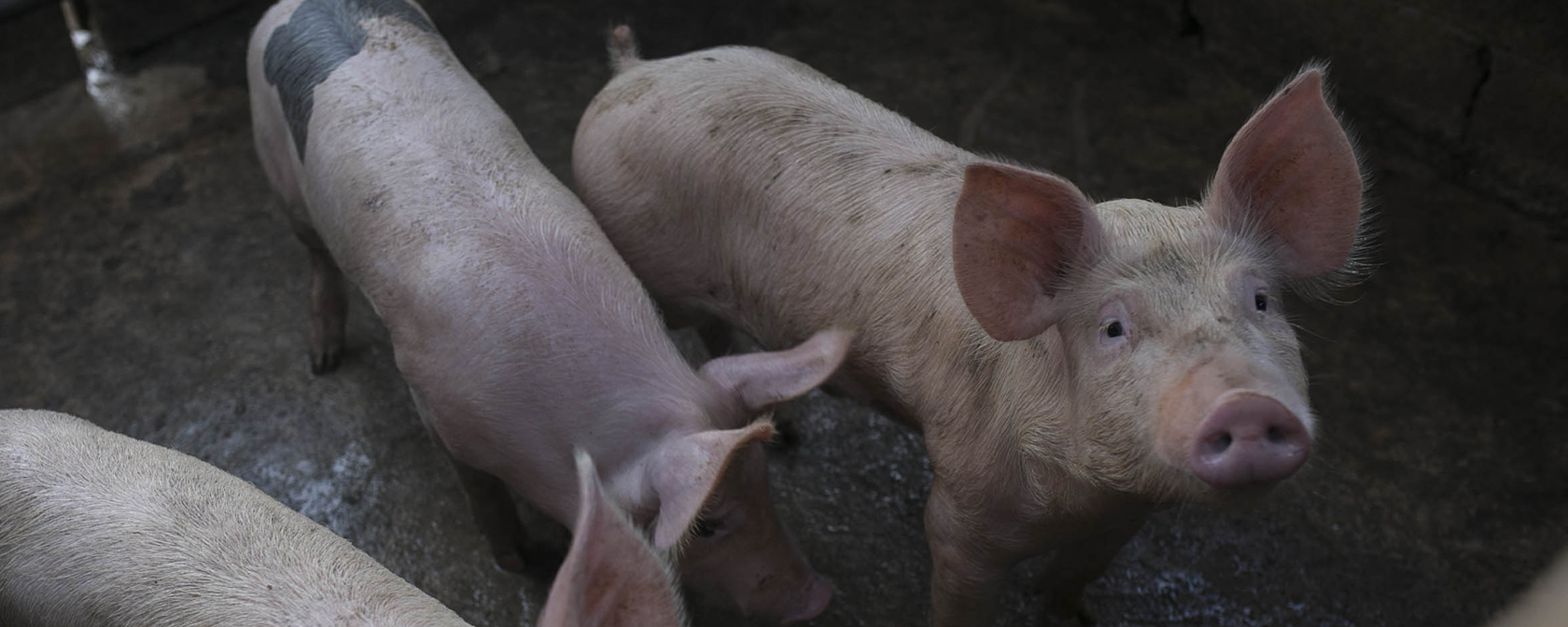By Sara Amundson and Kitty Block
Last week, Ohioans showed up at the polls to defend a core tenet of democracy that is vitally important to the animal protection movement: the ballot measure. On Issue 1—the proposal to raise the threshold for amending the Constitution of the State of Ohio from 50% to a 60% supermajority—the no vote prevailed by a 57% to 43% margin, with more than three million votes cast.
Because so many critical successes for animals are the result of direct votes by interested citizens, the Humane Society of the United States went on record opposing the measure, and we all kept close watch on the vote because of its implications for our work for animals. Issue 1 was intended to make it impossible to win a vote by simple majority, and in that respect it clearly threatened the ability of animal protection advocates to enact humane policies at the ballot box in the future.
The ballot initiative, a cornerstone of early 20th century efforts to strengthen representative government in the U.S., has been a vital dimension in our efforts to overcome the political obstacles of passing animal-friendly legislation in state legislatures. Such obstacles include the indifference of key leadership to animal welfare issues and the influence of special interest groups over key committees, both factors which have kept many animal-friendly bills from ever even getting a hearing.
Again and again, we’ve shown that the ballot measure, a form of direct democracy, works for our cause. Since 1990, in more than 60 instances in which humane advocates have placed sensible measures on the ballot for a direct vote of citizens in the states that permit the ballot initiative and referendum process, we have seen the animal protection position win two-thirds of the time.
In 2018, for example, Floridians passed Amendment 13, which prohibits the racing of and wagering on races with greyhounds and other dogs. Now, because the majority of Floridians voted with compassion, racing and betting on greyhounds in Florida is illegal.
The most high-profile example of direct democracy enabling a pro-animal ballot measure is California’s Proposition 12. Approved by a near two-thirds majority of California voters, Proposition 12 bans the in-state sale of pork, eggs, and veal produced via extreme confinement. Furthermore, it requires that mother pigs, egg-laying hens and calves raised for veal in California be given at least enough space to stand up, turn around and extend their limbs.
The U.S. Supreme Court recently upheld Proposition 12 and rejected the pork industry’s arguments against it. Thus, the strongest farm animal protection law in the country remains intact, as it was decided by Californians. Now, of course, we’re in an epic struggle to protect the gains embodied in Proposition 12. Pork producers fought it all the way to the Supreme Court and lost. Now, they’re working with congressional allies to pass the EATS Act, which threatens to strip the sovereign rights of states to pass laws in the best interests of their citizens. It’s a fight that began as a reaction to a citizen-based initiative in one state, and now it’s the subject of international attention and public debate. And we’re going to finish that fight in our campaign to stop the EATS Act dead in its tracks.
In the U.S., state politics determine the day-to-day, lived reality of both people and animals. We believe the voters should have the right to decide the laws of their state. Preserving a reasonable threshold for passage ensures voters can make their voices count—including those of animal advocates seeking to stop cruelty in their communities.
Thanks to Ohioans who did their civic duty, the requirements for ballot and initiative work in the Buckeye State will stay as they are. That’s good news for our democracy and good news for those trying to advance animal protection in other states. We will continue working to preserve Americans’ right to make their voices heard at the ballot box—and halting the dangerous EATS Act is the next step in that mission to defend the sovereignty of states and their citizens on issues involving animal protection, public health and other concerns.
Take a stand against the EATS Act >>
Kitty Block is CEO of the Humane Society of the United States.
